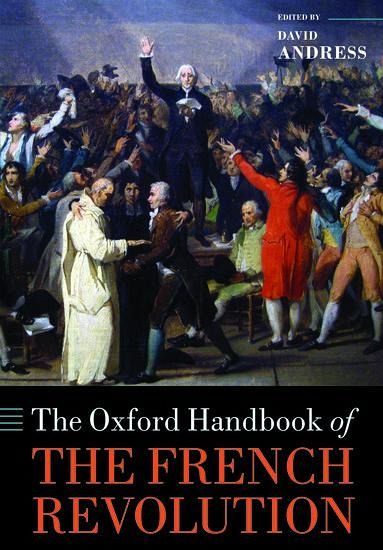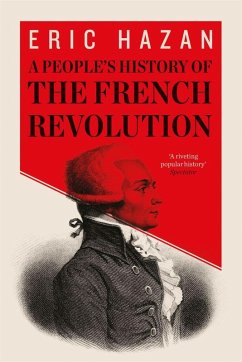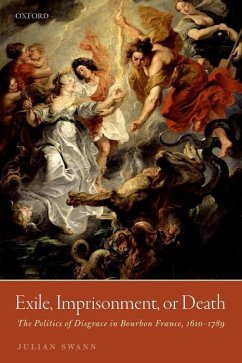
The Oxford Handbook of the French Revolution
Versandkostenfrei!
Versandfertig in 1-2 Wochen
57,99 €
inkl. MwSt.

PAYBACK Punkte
29 °P sammeln!
Brings together a sweeping range of expert and innovative contributions to offer engaging and thought-provoking insights into the history and historiography of the French Revolution, particularly its legacies in transnational and global contexts.












